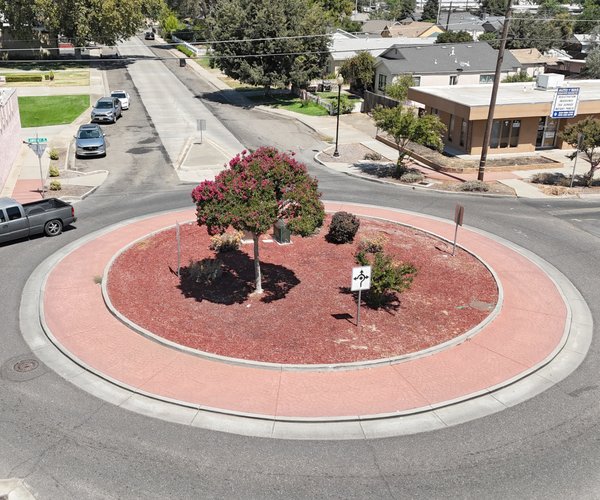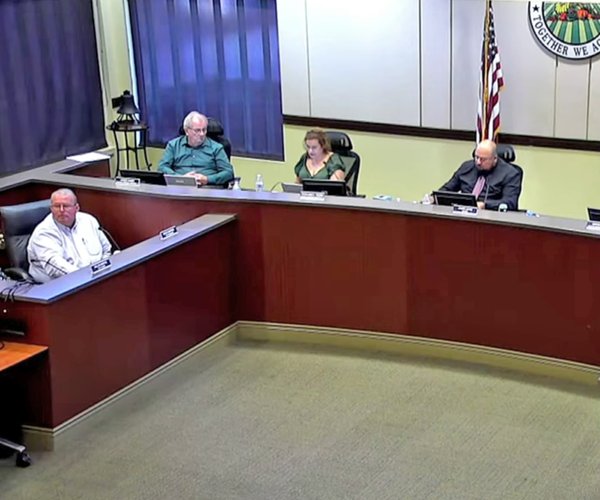A resident in Stanislaus County has been infected with West Nile Virus (WNV), confirmed the Stanislaus County Public Health.
This is the first human case of WNV for the year 2025. The virus is mainly transmitted to humans through the bite of infected mosquitoes. Public Health, along with local mosquito abatement districts, reported the first pool of mosquitoes that tested positive for WNV last week and more pools of infected mosquitoes have since been discovered.
The person infected with WNV developed a neurological illness, known as neuroinvasive WNV, a type of illness that affects the nervous system. Most people who catch WNV don’t show any obvious symptoms and often won’t realize they have it. Some people may experience mild symptoms like fever, headache, and tiredness. However, in rare cases, WNV can cause serious illnesses that affect the brain and spinal cord, such as encephalitis or meningitis. These severe conditions can lead to long-term problems or even death. Certain groups of people, including older adults, those with diabetes, and people with weak immune systems, are more likely to get very sick from WNV.
“We urge the community to take steps to avoid exposure to mosquito bites. One in four mosquito samples collected from different parts of the city of Modesto over the past week and a half have tested positive for West Nile Virus,” says Dr. Wakoli Wekesa of East Side Mosquito Abatement District. “We are doing everything we can on the ground to reduce the mosquito population in affected areas.”
Dr. Thea Papasozomenos, Stanislaus County Public Health Officer, stresses the importance of community awareness and engagement.
“The discovery of mosquito pools positive for West Nile Virus by both local Mosquito Abatement Districts is a reminder that we need to take proactive measures to prevent mosquito breeding in our community,” said Dr. Papasozomenos. “We urge residents to dump and drain any standing water around their homes, and report neglected swimming pools, as these can serve as mosquito breeding sites. There is no vaccine or specific treatment for WNV, so it is very important that people protect themselves and their families from mosquito bites.”
As of June 20, 199 WNV-positive mosquito samples and 17 WNV-positive dead birds have been reported across several counties statewide, including Stanislaus, San Joaquin, Tulare and Kern counties.
In response to this situation, both districts are enhancing their mosquito surveillance and control efforts. This includes applying larvicides to known mosquito breeding sites, adulticiding or spraying when necessary, and testing mosquito pools for arboviruses, such as West Nile virus. The districts anticipate more WNV and mosquitoes in the coming months.
Protection takes planning. People ages 55 and older are at higher risk for serious symptoms if they get West Nile virus. If you’re 55 or older, now is the time to make and use your summertime plan to protect you and your family from infected mosquito bites that can spread West Nile virus.
• Use insect repellent – Choose an EPA-registered product and apply it when spending time outdoors.
• Wear long sleeves and pants – Especially during peak mosquito hours (dawn and dusk).
• Keep mosquitoes out – Use tight fitting screens on windows and doors, and fix any holes.
• Use air conditioning – When possible, keep windows and doors closed.
• Report neglected swimming pools to your local mosquito abatement district.
• Contact your veterinarian for information on vaccinating equines against WNV.
Mosquitoes become infected with West Nile Virus when they feed on infected birds. Infected mosquitoes can then spread West Nile Virus to humans and other animals when they bite, according to the Centers for Disease Control. West Nile Virus first appeared in California in 2003 and by 2004 it was in all 58 counties.
Approximately one in five people who are infected with West Nile virus will develop symptoms such as fever, headache, body aches, joint pains, vomiting, diarrhea, or rash. Less than one percent will develop a serious neurologic illness such as encephalitis or meningitis (inflammation of the brain or surrounding tissues). About 10 percent of people who develop neurologic infection due to West Nile virus will die, according to the CDC.
There are no medications to treat or vaccines to prevent West Nile Virus infection. People with milder illnesses typically recover on their own, although symptoms may last for several weeks or months. In the neuroinvasive forms, patients can suffer severe and sometimes long-term
Mosquitoes like to breed in stagnant water, preferring weedy areas that provide cover. The lagoons at dairy farms make for perfect breeding grounds, but so do flooded fields, uncared for swimming pools, urban catch basins, overwatered lawns, and pretty much anything that holds water and allows it to stagnate.
For additional information or to request service, Ceres residents should contact the Turlock Mosquito Abatement District at 209-634-1234; while Modesto residents should contact the East Side Mosquito Abatement District at 209-522-4098.
If you notice an unusual number of mosquitoes or mosquitoes that bite during the day, contact the local agency.
Dead birds can be an early warning sign of West Nile virus in your area. Report them to the California West Nile Virus Dead Bird hotline at 1-877-968-2473 or westnile.ca.gov





